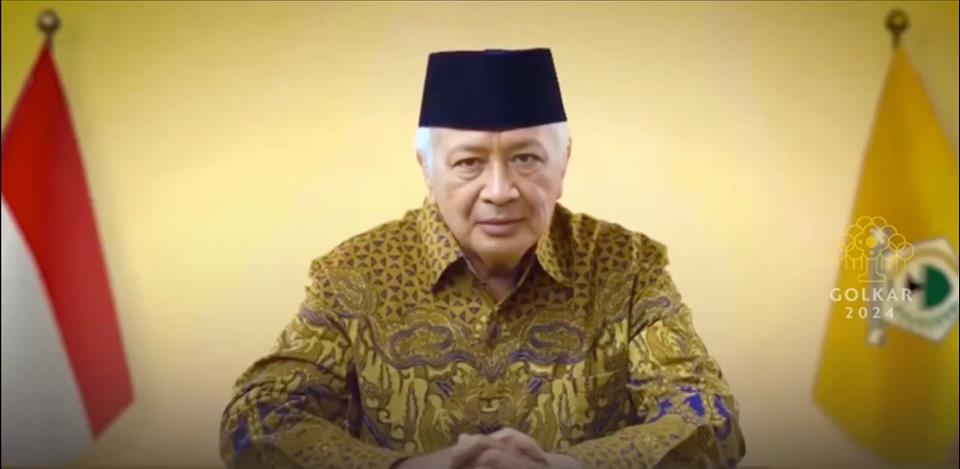
Deepfakes And Disinformation Swirl Ahead Of Indonesian Election Podcast
In this episode of The Conversation Weekly podcast, we look at what Indonesia's experience is revealing about the disinformation battleground ahead in 2024, when an estimated 4 billion voters will be eligible to vote in an election.
Some of Indonesia's deepfake videos are fairly easy to debunk. One, which went viral in January , shows a video of Suharto, the former president of Indonesia, endorsing his former political party, Golkar. Suharto, whose 32 years in power were marked by a brutal military dictatorship, died in 2008.
Read more: The professor, the general and the populist: meet the three candidates running for president in Indonesia
Others are a bit more subtle. Lilik Mardjianto, a journalism lecturer at Universitas Multimedia Nusantara in Indonesia, says a few deepfakes use“factual videos but manipulate the voice using AI” to make it sound like a politician is speaking in another language. In one, Joko Widodo, the outgoing president, is depicted speaking in Mandarin. Other videos have depicted two candidates for the 2024 election speaking in Arabic .
For Nuurianti Jalli, an expert on disinformation in south-east Asia at Oklahoma State University in the US, these deepfakes, even when they're crude, can influence the political conversation.
Indonesians are no strangers to disinformation spread on social media.“Hoaks”, as they're called in Indonesia, proliferated during the last presidential election campaign in 2019. Jalli says rumours spread online also contributed to post-election violence in which ten people were killed during protests against the re-election of Widodo.
In 2024, teams of journalists are racing to fact check claims and content ahead of the polls, including The Conversation in Indonesia.
But Jalli says the factcheckers she's spoken to worry they're now playing catch-up with AI-generated hoaxes.“Everything goes viral first” and then journalists try to“debunk that after millions of people watched it”, she says.
Listen to Jalli and Mardjianto plus Nurul Fitri Ramadhani, politics editor at The Conversation in Indonesia on The Conversation Weekly podcast . You can also read more about disinformation in the Indonesian election on The Conversation .
This episode of The Conversation Weekly was written by Mend Mariwany, and produced by Mend Mariwany and Gemma Ware. Sound design was by Eloise Stevens, and our theme music is by Neeta Sarl. Stephen Khan is our global executive editor, Alice Mason runs our social media and Soraya Nandy does our transcripts.
You can find us on X, formerly known as Twitter @TC_Audio , on Instagram at theconversationdotcom or via email . You can also subscribe to The Conversation's free daily email here .
Listen to The Conversation Weekly via any of the apps listed above, download it directly via our RSS feed or find out how else to listen here .

Legal Disclaimer:
MENAFN provides the information “as is” without warranty of any kind. We do not accept any responsibility or liability for the accuracy, content, images, videos, licenses, completeness, legality, or reliability of the information contained in this article. If you have any complaints or copyright issues related to this article, kindly contact the provider above.
Most popular stories
Market Research

- Manuka Honey Market Report 2024, Industry Growth, Size, Share, Top Compan...
- Modular Kitchen Market 2024, Industry Growth, Share, Size, Key Players An...
- Acrylamide Production Cost Analysis Report: A Comprehensive Assessment Of...
- Fish Sauce Market 2024, Industry Trends, Growth, Demand And Analysis Repo...
- Australia Foreign Exchange Market Size, Growth, Industry Demand And Forec...
- Cold Pressed Oil Market Trends 2024, Leading Companies Share, Size And Fo...
- Pasta Sauce Market 2024, Industry Growth, Share, Size, Key Players Analys...





















Comments
No comment